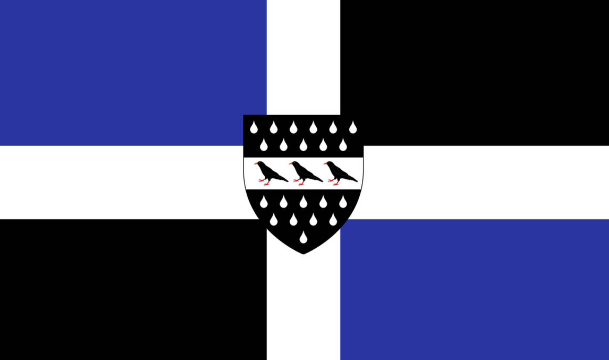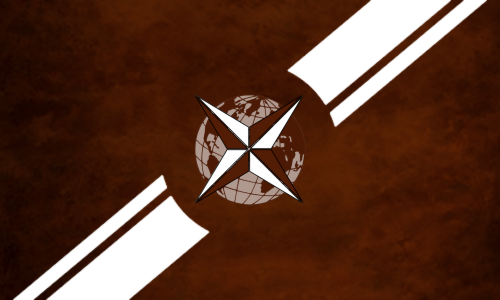The Peoples Union of the Isles
The Peoples Union of the Isles is a united government that represents the people of the British Isles. Once known as the Cornish Unitarian State, the PUI has grown beyond the southwestern peoples of Britian and begun to look towards the rest of the Isles.
National Governmental Constitution
The PUI Peoples Assembly is defined as the umbrella term for all three points of authority within the nation. The peoples assembly is made up of three core institutions - The Executive House, The High Council and the Low Hall. These three institutions form the base for our nation and its mandate to govern - allowing the people of the Isles to project their voice through the land they have inherited.
The Executive House
The Executive House is the highest point of authority in the nation and holds a universal veto on all legislation introduced by the two lower houses. The occupier of the Executive House (Current: Kaiyan Spratley) is able to be overruled if a referendum is held and the people decide against them - as can the two lower houses through the Public Ballot System which if passed would see the public request the occupier of the Executive House veto the legislation in question. Referendums can only be held if a piece of legislation has received at least sixty percent disapproval through the Public Ballot System. This creates a healthy balance in the power of the Executive House.
In addition to the two lower houses the occupier of the Executive House is also able to introduce legislation - which can be rejected through the Public Ballot System explained above.
The occupier of the Executive House is also Commander in Chief of the Armed Forces and any military action at home or abroad is decided by the occupier of the Executive House without required approval from the two lower houses or the public - although there is a mechanism for the public to present the occupier of the Executive House with Letter For or a Letter Against any Military decisions through the Public Ballot System.
The High Council
The High Council is the upper house of the two chamber Peoples Assembly. The High Council is responsible for proposing new legislation that relates to one or more of the numerous Executive Departments. These new pieces of legislation are created in tandem with civil agents from the Departments it is linked too.
High Council elections take place every five years which sees the people elect one High Councillor (HhCllr) for every Constituency through a true proportional representation voting system. The number of constituencies changes as the nation grows and is usually proportional to the population - seeking ultimately to have a constituency count that represents the populaton well.
The High Council has the ability to scrutinise the Executive House as well as creating new legislation as the Public Ballot System used to hold referendums against legislation introduced by the Executive is managed by the High Council through the PBS Committee which is appointed proportionally to the amount of seats held by each party.
The Low Hall
The Low Hall is the lower chamber of the two chambered Peoples Assembly. The Low Hall's main responsibility is to scrutinise and refine legislation proposed by the the High Council. The Low Hall is able to support legislation which would see it sent straight back to the High Council and become law, alter legislation and send it back to the High Council where it may be further amended or voted straight into law and reject legislation and send it back to the High Council for amendment there.
Low Hall elections take place every two years and is distinct in the fact that it does not have any parties and does not see its members vote and debate against each other - rather the members work together regardless of ideology to scrutinise legislation. Low Hall members are only able to put them selves forward for election if they can prove to the Independent Intelligence and Experience Board (IIEB) that they have, as the name suggests, the required level of intelligence and experience in their field in order to scrutinise Legislation effectively. The Low Hall is made up of twenty members and requires a unanimous vote to support, amend or reject legislation.

















